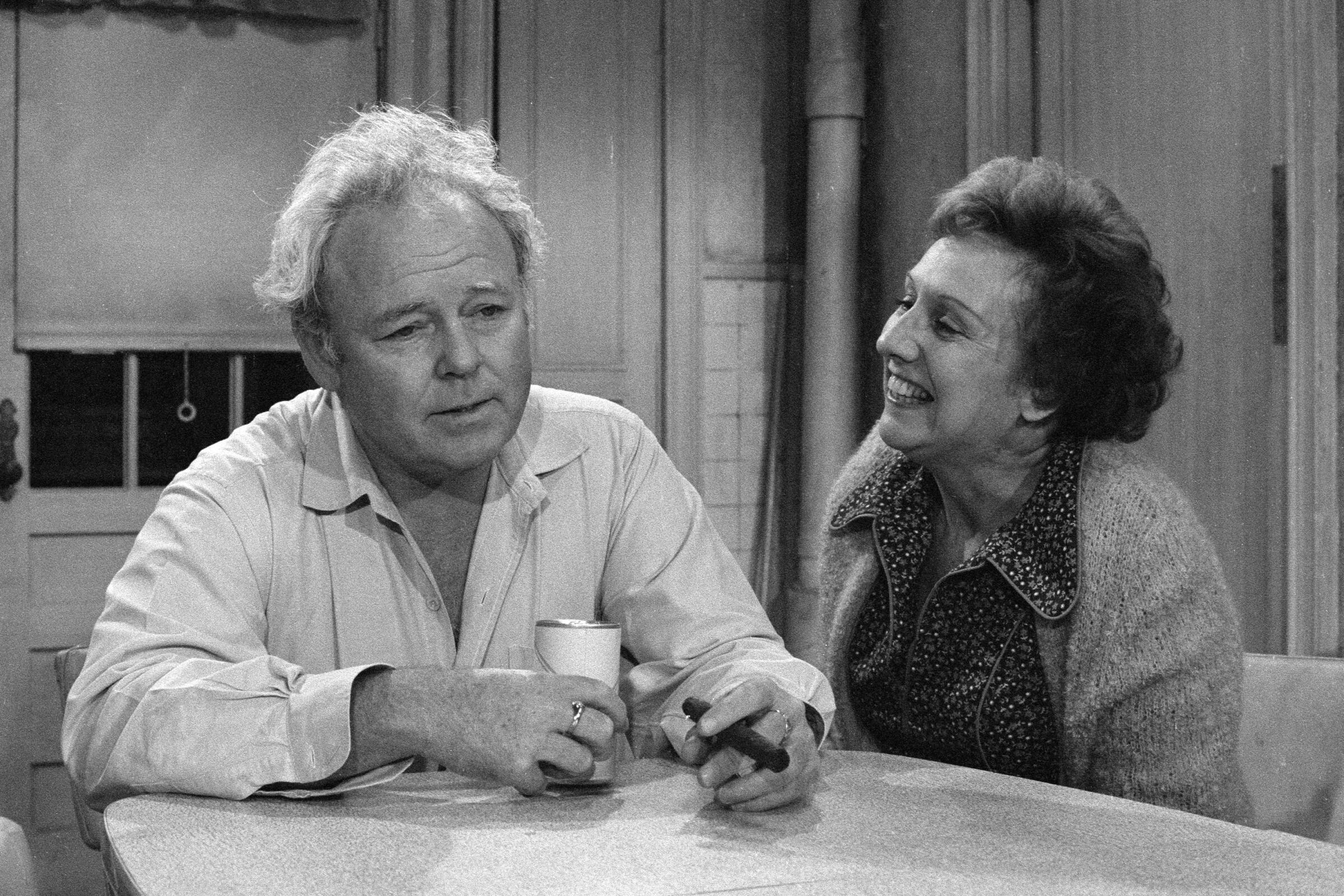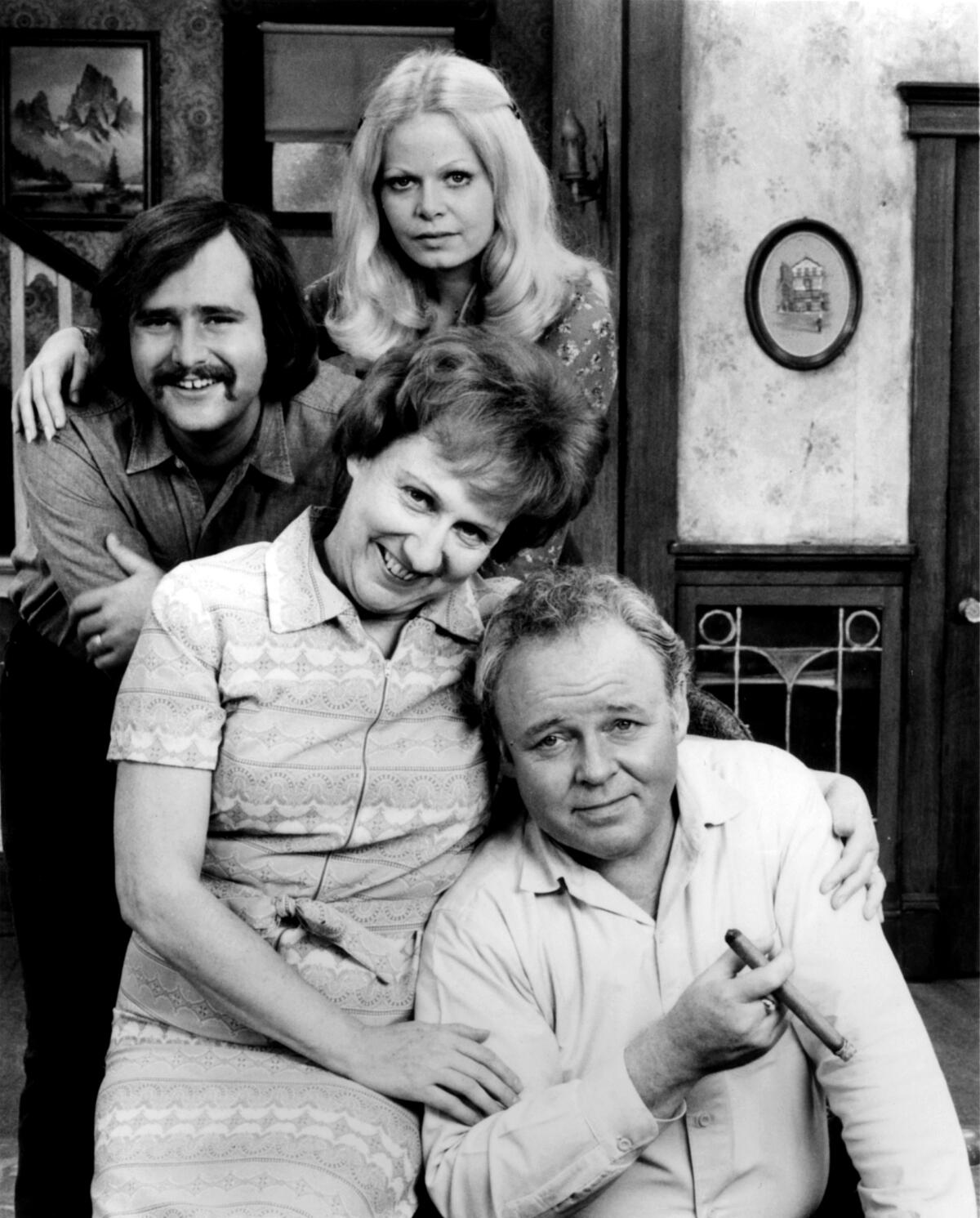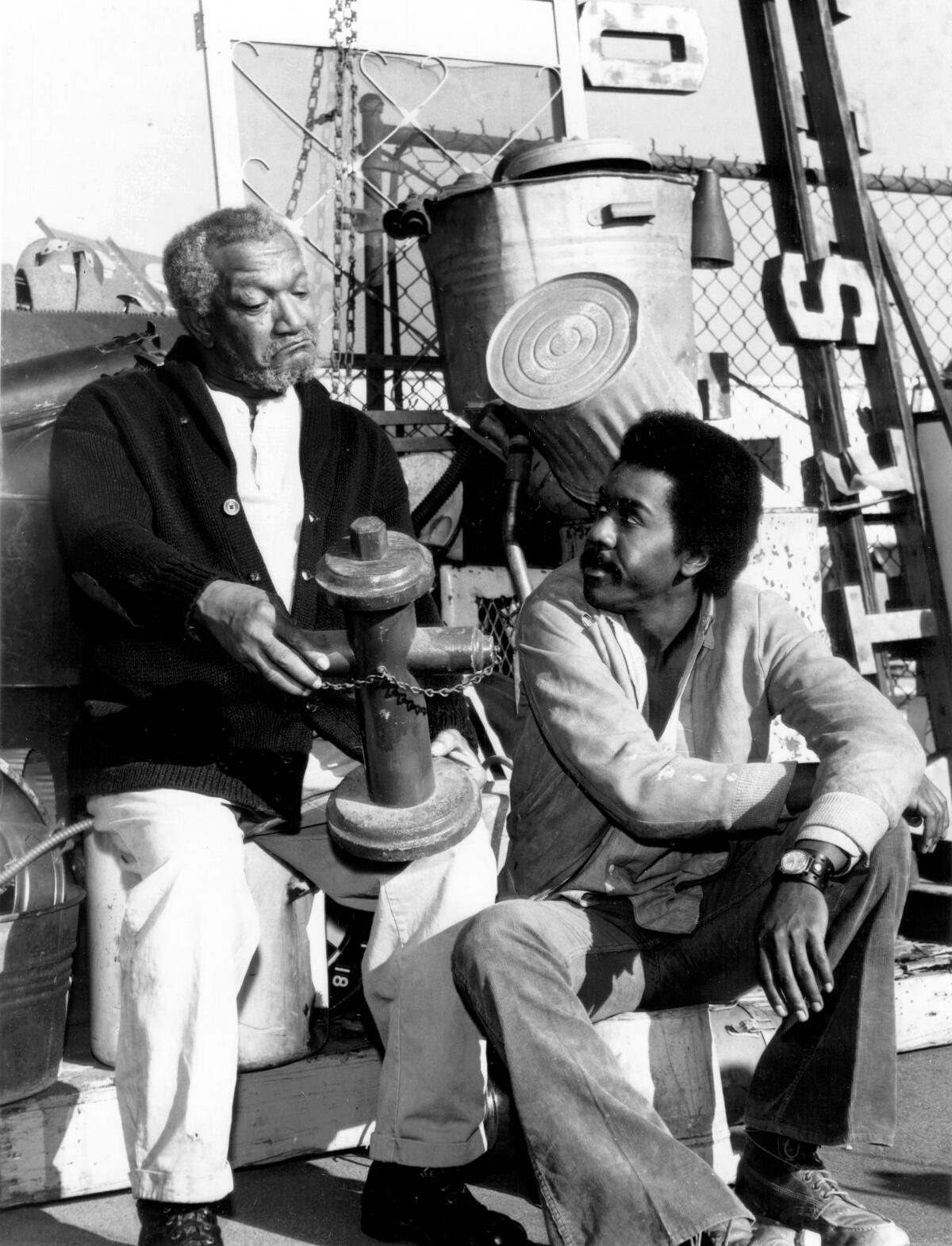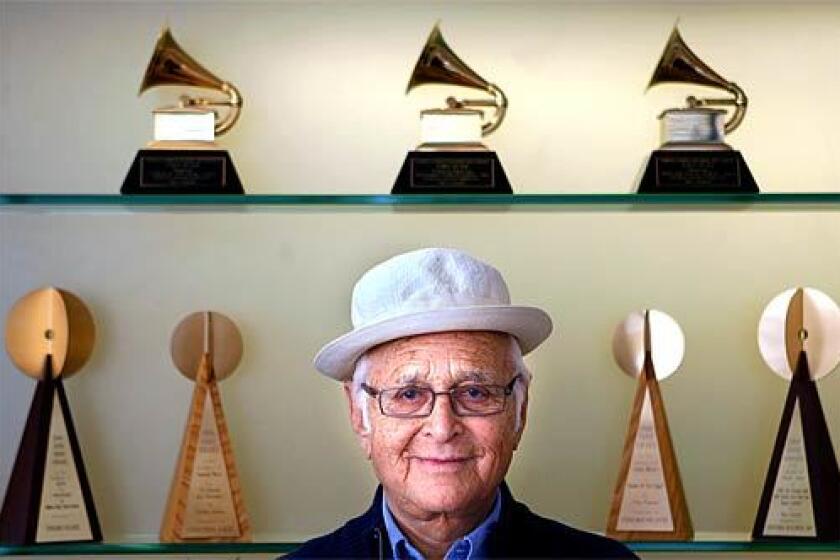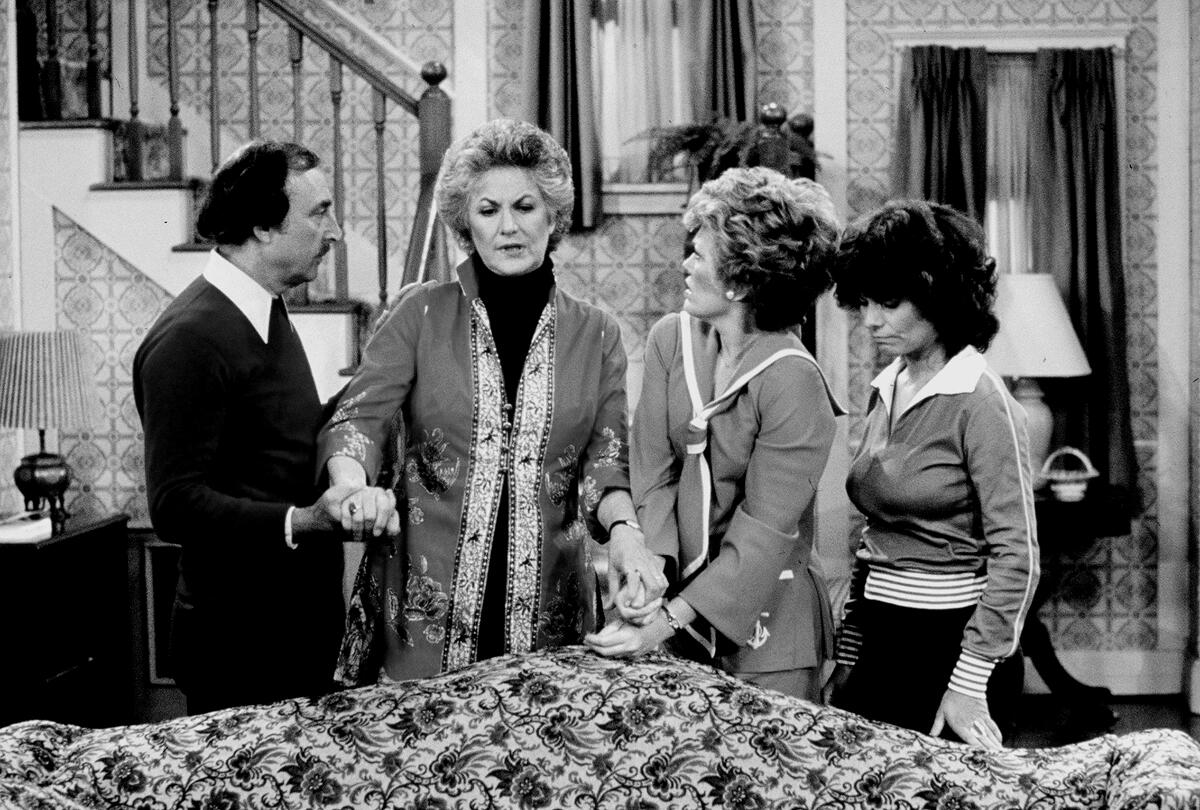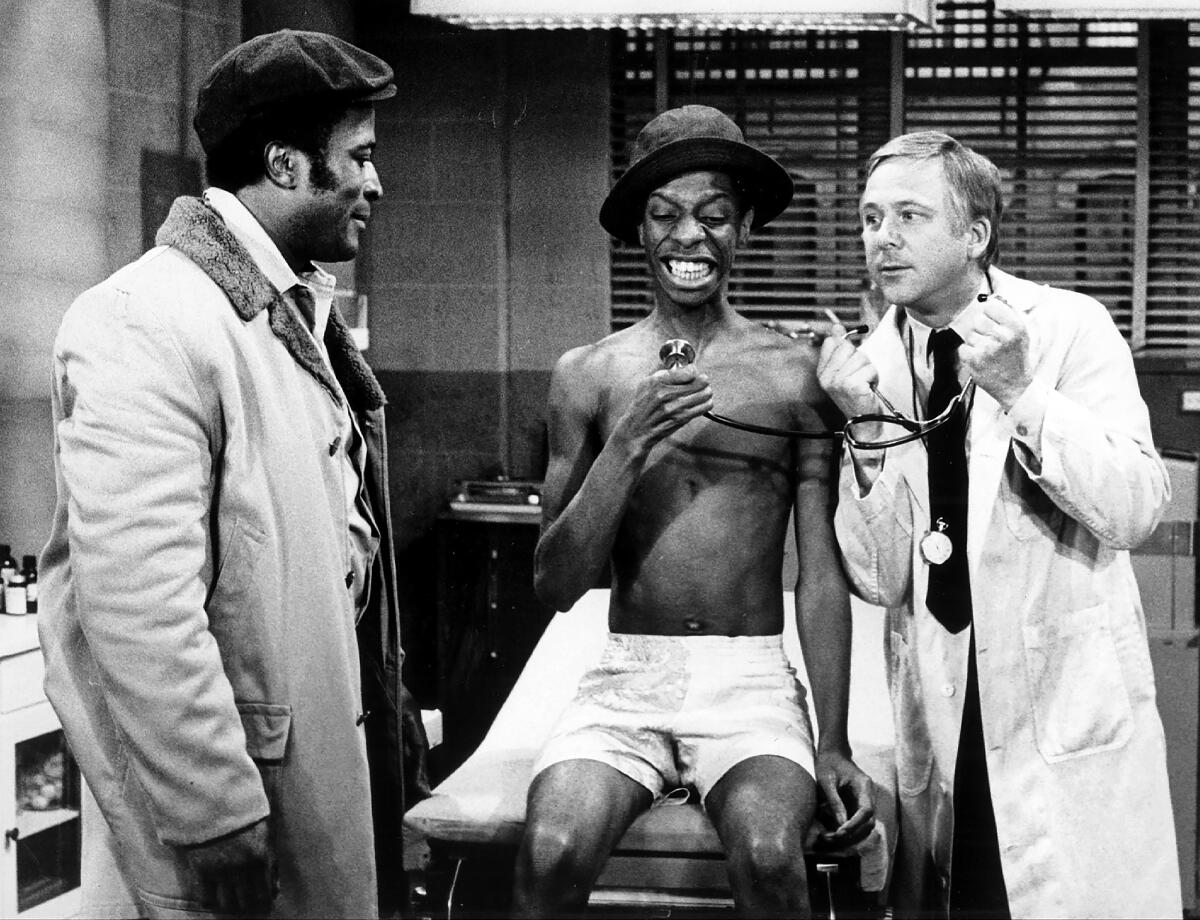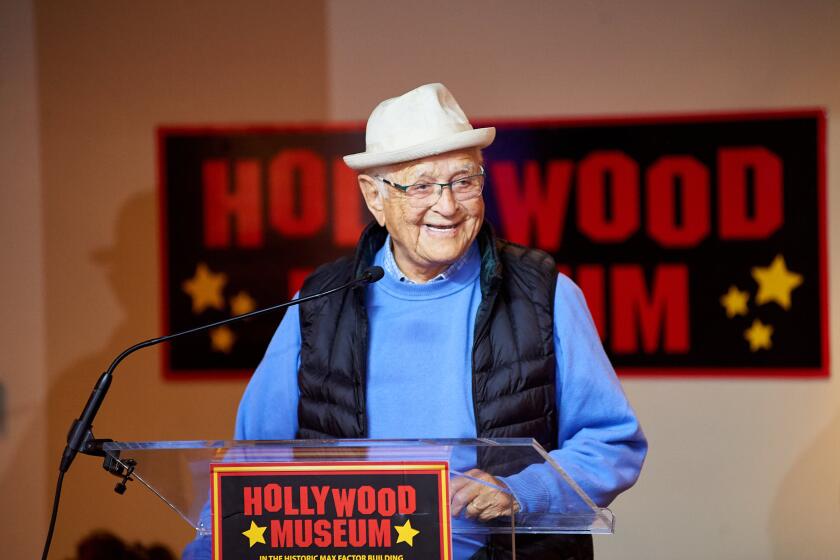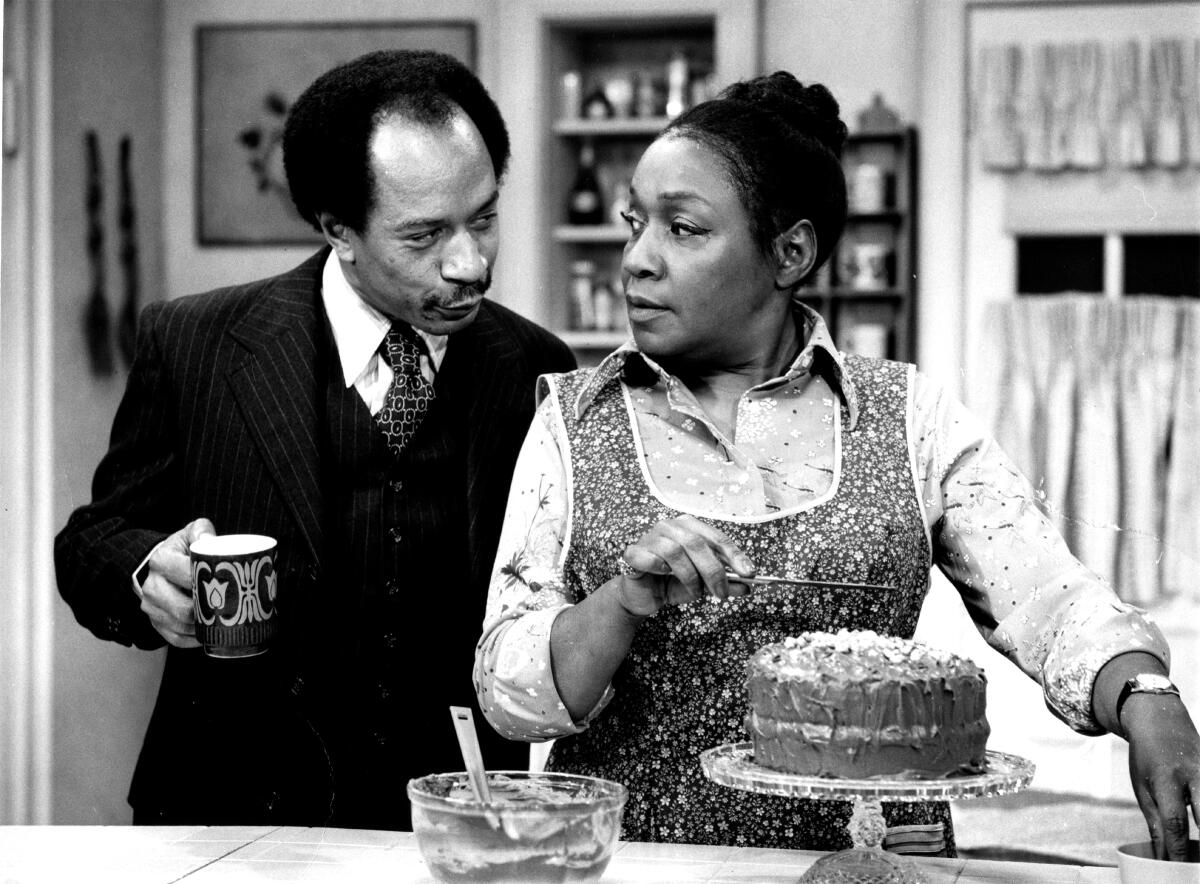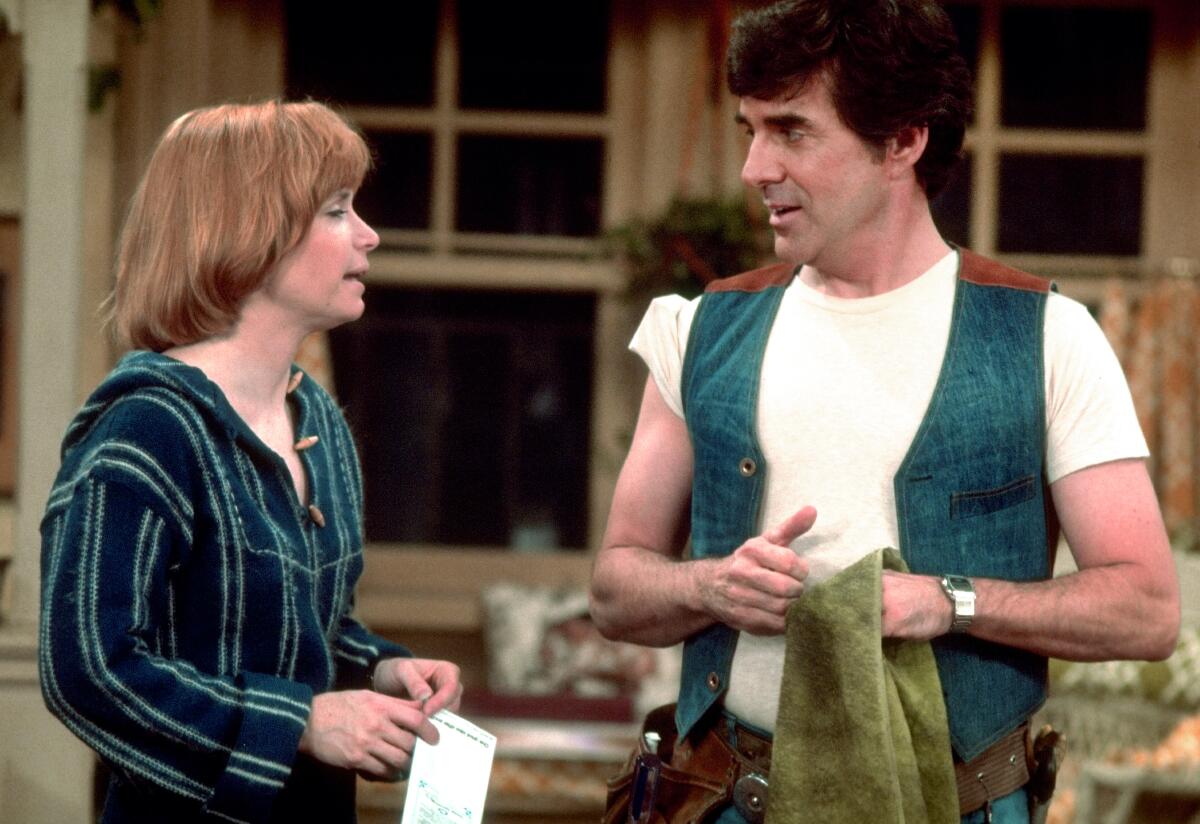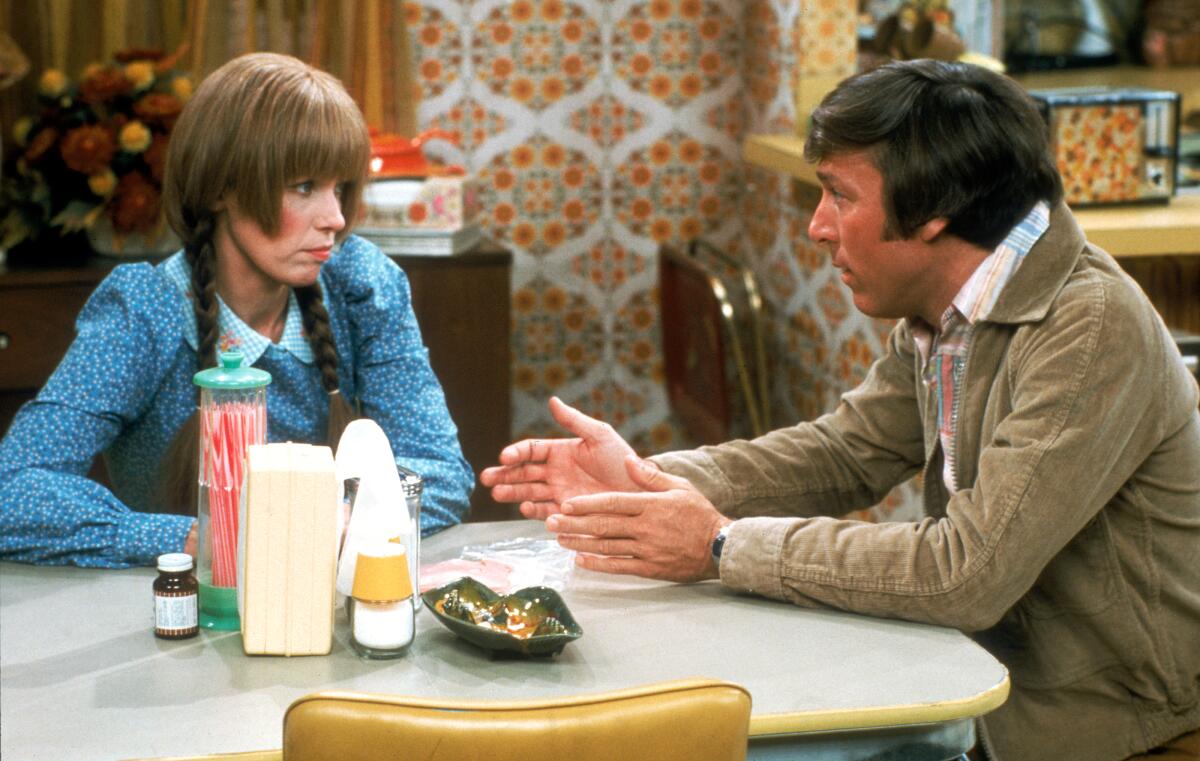The complete guide to home viewing
Get Screen Gab for everything about the TV shows and streaming movies everyone’s talking about.
You may occasionally receive promotional content from the Los Angeles Times.
Lorraine Ali is news and culture critic of the Los Angeles Times. Previously, she was television critic for The Times covering media, breaking news and the onslaught of content across streaming, cable and network TV. Ali is an award-winning journalist and Los Angeles native who has written in publications ranging from the New York Times to Rolling Stone and GQ. She was formerly senior writer for The Times’ Calendar section where she covered entertainment, culture, and American Arab and Muslim issues. Ali started at The Times in 2011 as music editor after leaving her post as a senior writer and music critic at Newsweek Magazine.
Mary McNamara is a culture columnist and critic for the Los Angeles Times. Previously she was assistant managing editor for arts and entertainment following a 12-year stint as television critic and senior culture editor. A Pulitzer Prize winner in 2015 and finalist for criticism in 2013 and 2014, she has won various awards for criticism and feature writing. She is the author of the Hollywood mysteries “Oscar Season” and “The Starlet.” She lives in La Crescenta with her husband, three children and two dogs.
Robert Lloyd has been a Los Angeles Times television critic since 2003.
